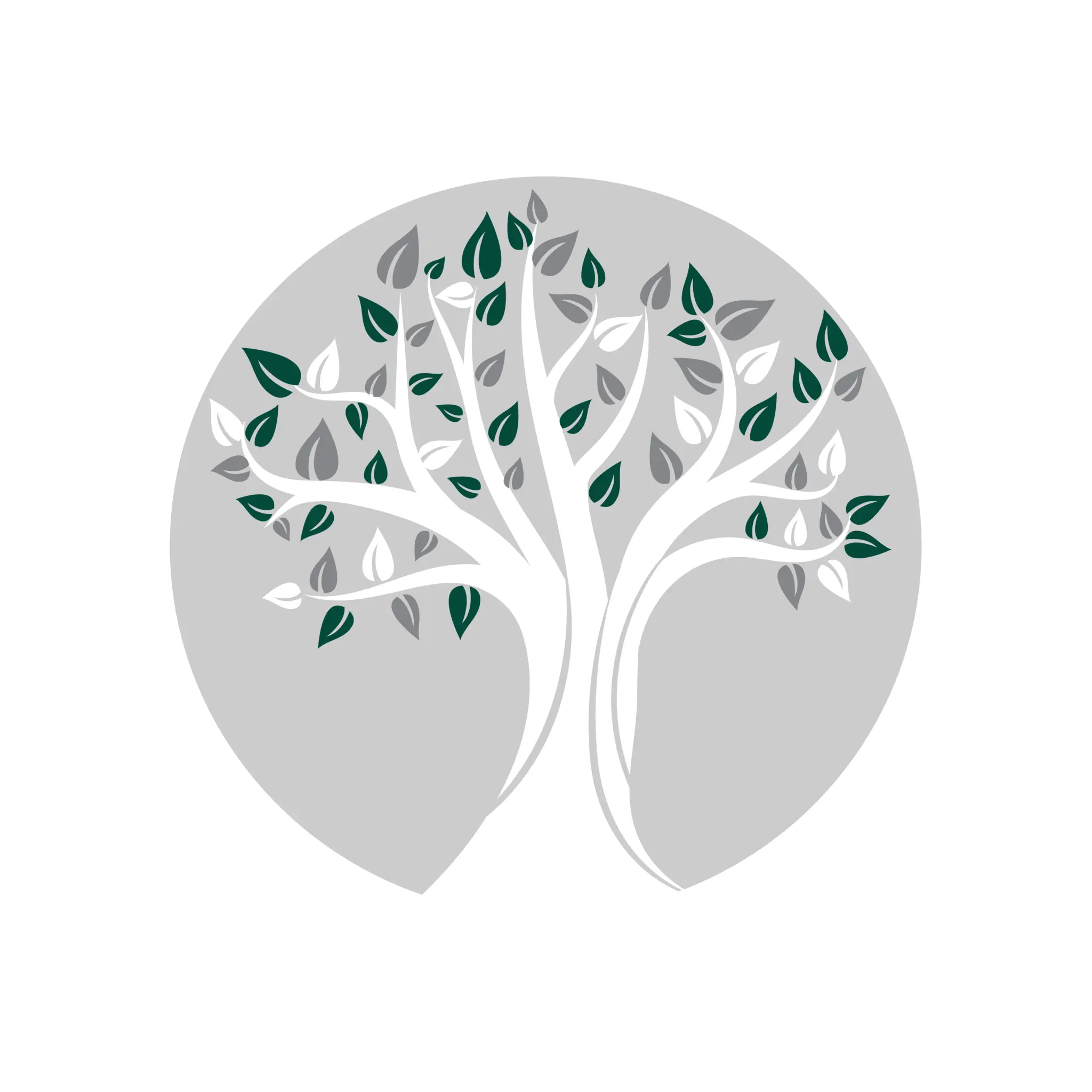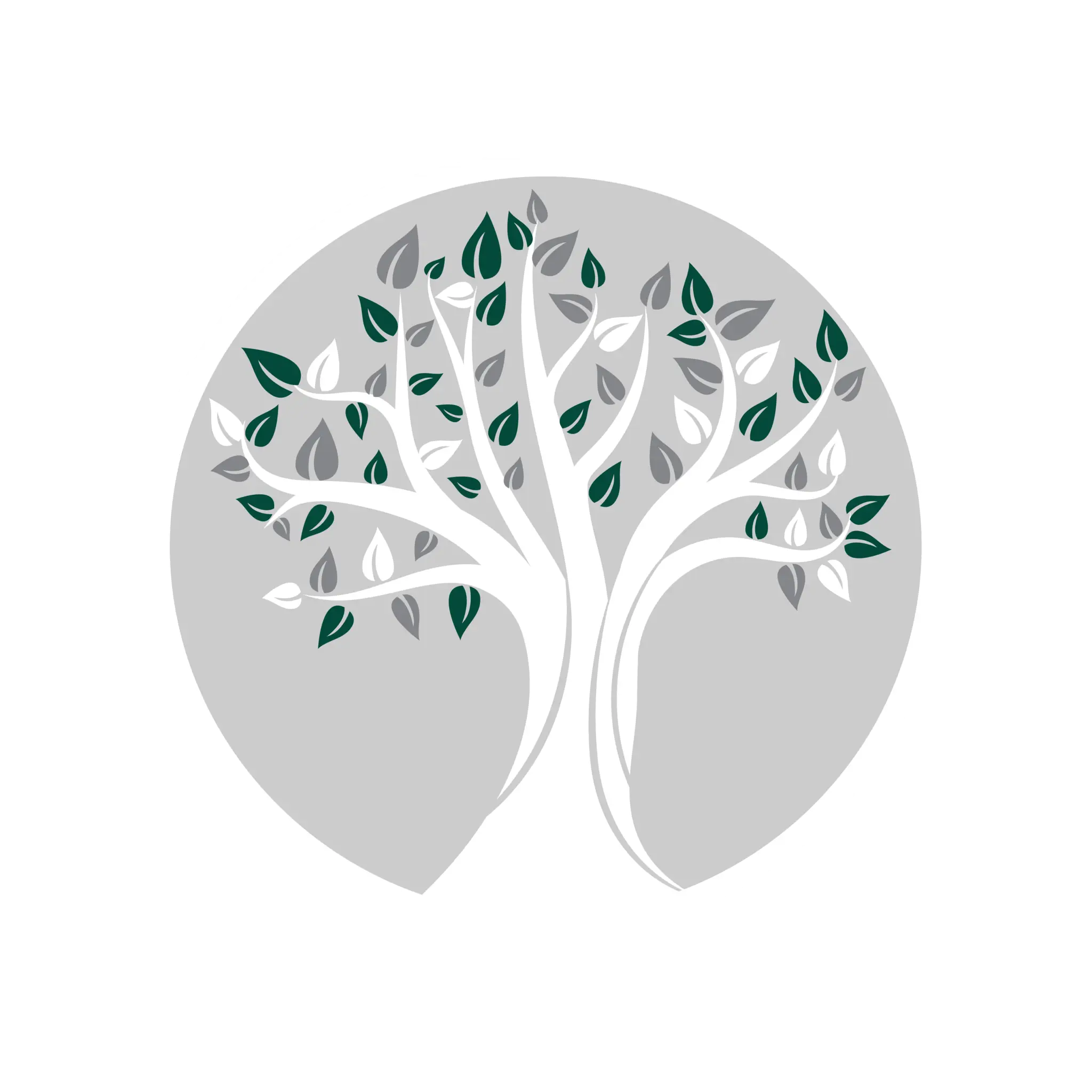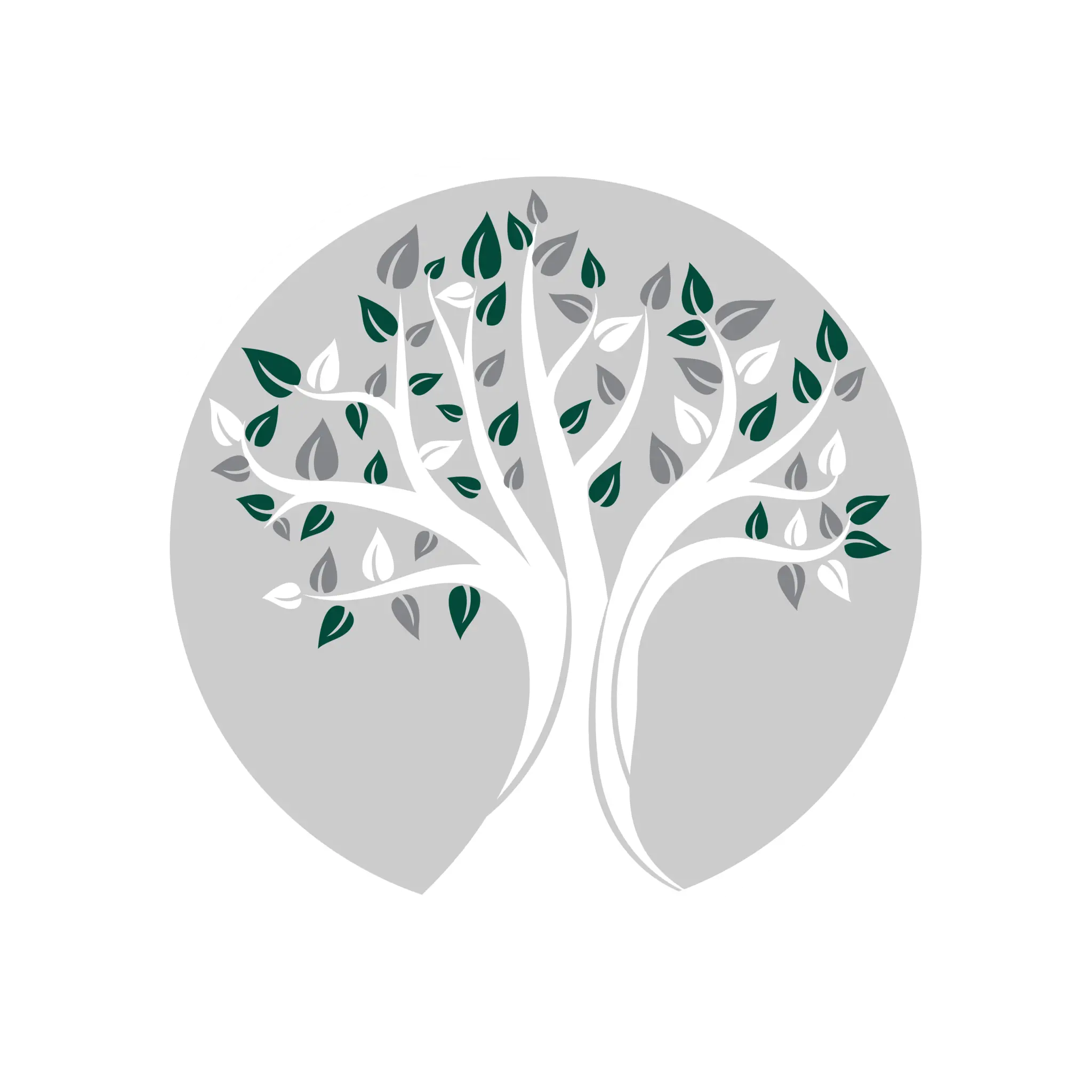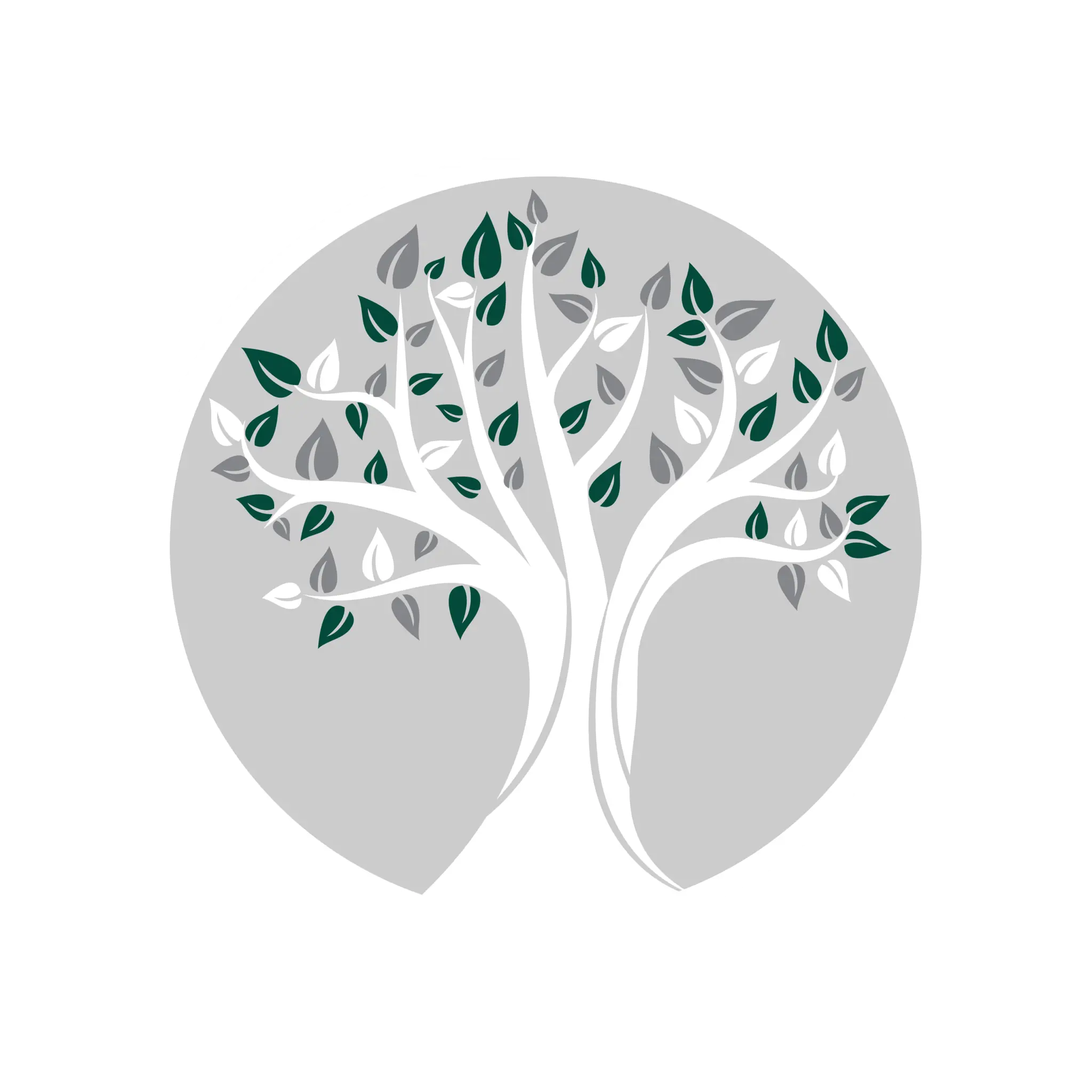 3:08
3:08
Must Watch
More Posts

Scott Cooper, Ideal Bathrooms - AI: Executive Perspectives Part Two
"I think transparency is really important."Scott Cooper, Managing Director of Ideal Bathroom...



